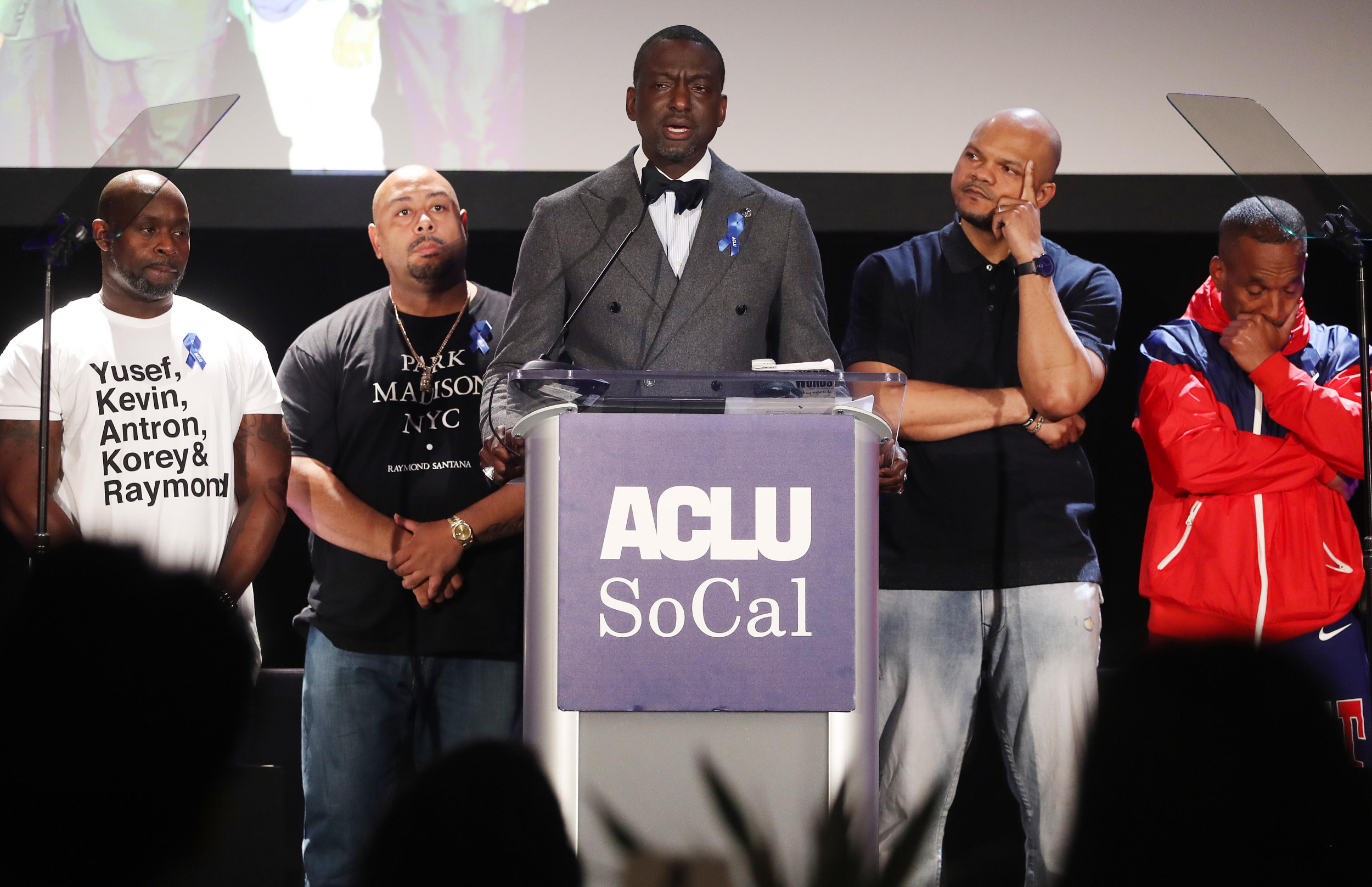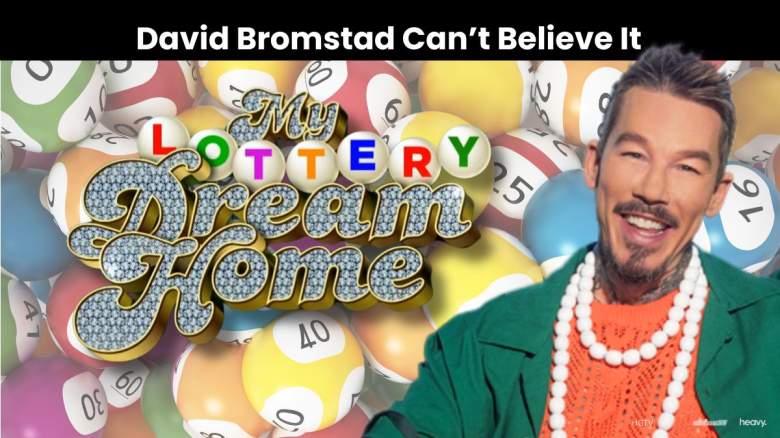The new documentary Martha, about the life of Martha Stewart, premiered on Netflix on Wednesday, and Martha Stewart does not like it. Director R.J. Cutler “had total access” to her archive, “and he really used very little. It was just shocking,” the entrepreneur shared in an interview with The New York Times. She conceded that the first half is decent, and she likes that it can inspire young women, but overall she is not a fan, and she was not shy about listing her many complaints.
Among them is the fact that the doc didn’t really cover her magazine, or her love of travel, or her grandchildren, nor a bunch of other juicy anecdotes she shared. It also didn’t include any of the music she requested. (Stewart wanted rap, but instead there’s “some lousy classical score in there, which has nothing to do with me.”) In her opinion, Cutler used the “ugliest” angle for her interviews, and focused way too on her trial and prison sentence, which was so “boring” that “The judge was asleep at the bench.”
Stewart tried to get Cutler to change some of these issues to no avail. (In a statement to the NYT, Cutler remained complimentary of Stewart but said “I’m not surprised that it’s hard for her to see aspects of it.”) She found the entire second half of the film “a bit lazy,” but especially hated the final scenes of herself “looking like a lonely old lady walking hunched over in the garden.” She explained, “I had ruptured my Achilles’ tendon. I had to have this hideous operation. And so I was limping a little. But again, he doesn’t even mention why—that I can live through that and still work seven days a week.”
Cutler wouldn’t cut that part out of the movie when Stewart asked—which is, of course, his right as a filmmaker. In fact, the subject of a documentary shouldn’t be able to dictate what goes into the film. But just as Cutler had the right to craft the movie as he sees fit, Stewart has the right to her own opinion about it, and that opinion is decidedly negative. “It shouldn’t be me boasting about inner strength and any of that crap,” she said. “It should be about showing that you can get through life and still be yourself.” You can read her full list of critiques here.




















 English (US) ·
English (US) ·